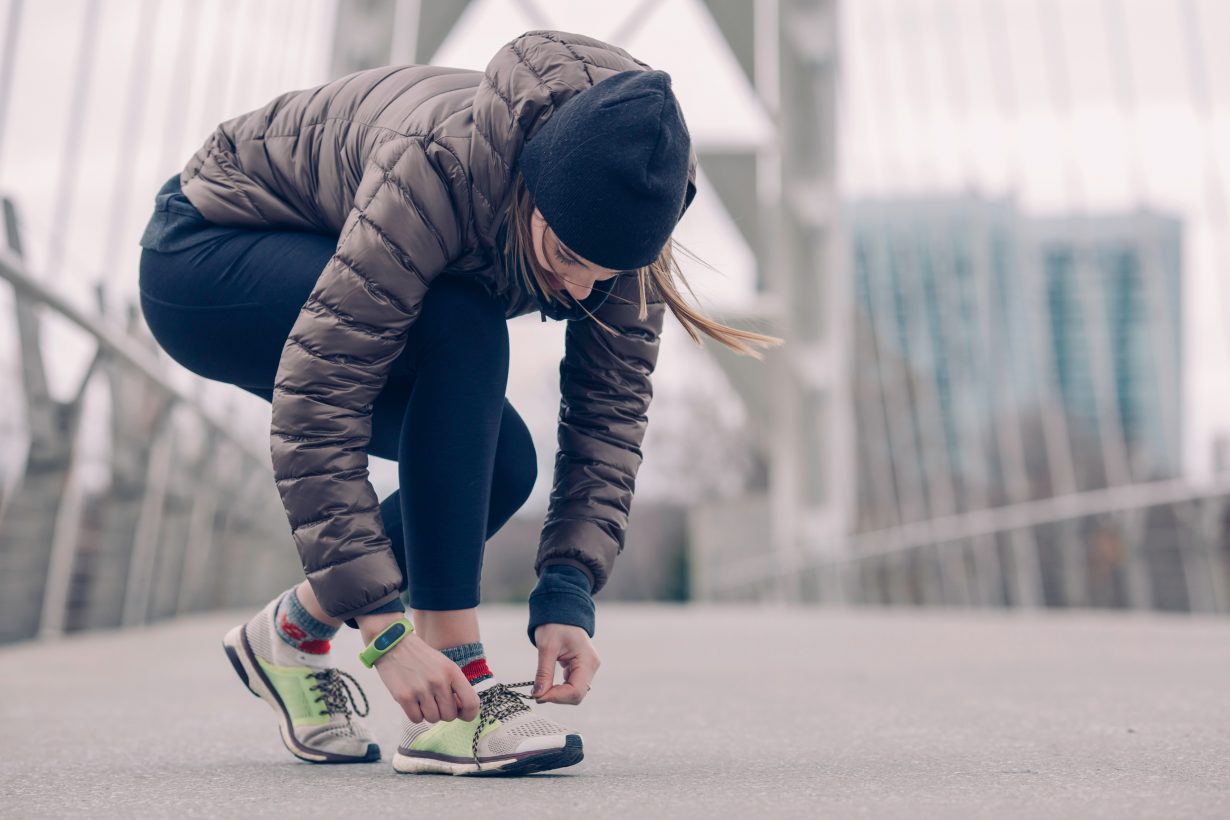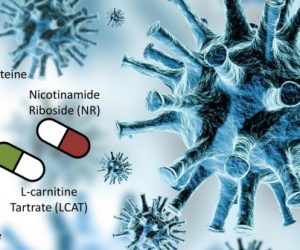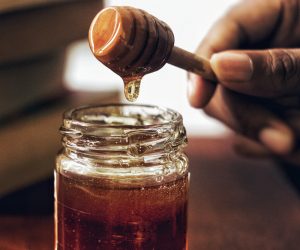
Can Antibiotics Wreak Havoc on Athletic Performance?
Leah Zerbe, MS, NASM-CPT, NASM-CES via Dr. Axe – “Antibiotics Wreak Havoc on Athletic Performance,” read the headline of a recent study.
The study looked at the microbes of mice, but if it winds up being true for humans, too, we can chalk it up to yet another unintended side effect of antibiotics.
To be clear, since mass production began in the 1940s, antibiotics have been credited with saving 200,000 lives a year and raising the average human life span by five to 10 years. But in the decades that followed, researchers started proving that this once-considered “miracle” drug does come with some unexpected risks and consequences.
This includes the negative impact that these drugs can pose to the human microbiome.
Study Findings: Antibiotics Wreak Havoc on Athletic Performance
In a University of California, Riverside study published in 2022, scientists demonstrated that killing essential gut bacteria by using antibiotics actually demotivates an athlete’s motivation and harms endurance.
There are other fields of research showing how exercising can improve the microbiome, but this study suggests that taking away key beneficial bacteria actually harms athletic performance and motivation.
“We believed an animal’s collection of gut bacteria, its microbiome, would affect digestive processes and muscle function, as well as motivation for various behaviors, including exercise,” said Theodore Garland, UCR evolutionary physiologist in whose lab the research was conducted. “Our study reinforces this belief.”
To come to this conclusion, researchers studied “athletic” mice bred for high-level running and used a control group without these athletic traits.
After 10 days of antibiotics, fecal testing showed that microbiome damage occurred, wiping out most of the mice’s beneficial bacteria. Although neither group appeared to show signs of sickness due to the antibiotics, the athletic group’s running output dropped by 21 percent. Aside from that, they did not bump up to pre-antibiotic performance in the 12 days following treatment, either.
“A casual exerciser with a minor injury wouldn’t be affected much. But on a world-class athlete, a small setback can be much more magnified,” explained Monica McNamara, an evolutionary biology doctoral student at UCR and the paper’s lead author.
The researchers said taking antibiotics may be in line with suffering an injury in terms of impact on elite athletic performance.
In a world where we’re increasingly under-exercising and overeating, demotivation to move could become another obesity risk factor.
What It Means: Reasons to Avoid Antibiotics, What to Do Instead
Before antibiotics were discovered, infectious diseases drove down average life expectancy rates, but with the birth of the antibiotic era came the overuse of these drugs, setting us up for trouble. We’re currently in a dry spell when it comes to discovered new classes of antibiotics, which could pose disastrous for the future.
“The threat of antibiotic resistance is real. Therefore, all the stakeholders must employ strategies to prevent and control antibiotic resistance in order to prevent an imminent post-antibiotic era, a condition that may be worse than pre-antibiotic era.”
Today, we know that antibiotics have been linked to:
- A rise in hard-to-kill, antibiotic-resistant infections
- Allergies
- Asthma
- Diarrhea
- Fatigue
- Swollen and/or black tongue
- Disrupted menstrual cycle
- Increased risk of tendon rupture
- Depression
- Hallucinations
- Brain fog
- Vomiting
Sadly, antibiotics have even been linked to an increased risk of colon cancer, making it even more important to avoid the drugs unless absolutely necessary.

Because of the mounting list of side effects linked to various antibiotics, the U.S. Centers for Disease Control and Prevention urges people to avoid requesting antibiotics for ailments that are generally viral in nature, including the common cold and flu and the majority of bronchitis cases.
More antibiotics are used in raising livestock than consumed by humans, which is also fueling the rise in antibiotic resistance. Do your best to source ethically raised meat grown without the use of antibiotics, or ditch meat altogether!
Here are some foods that possess natural antimicrobial properties:
- Tiger nuts
- Sage
- Rosemary
- Onions
- Garlic
- Ginger
- Cinnamon
- Clove
- Oregano
- Cabbage
- Honey
- Cauliflower
- Broccoli
- Brussels sprouts
- Horseradish
- Turmeric
- Kale
- Kohlrabi
- Mustard
- Turnips
- Rutabaga
- Grapeseed oil
Conclusion
- A new study looking at bacteria in mice guts found antibiotics wipe out the microbiome and reduce athletic performance.
- Although antibiotics are credited with saving many lives since being discovered in 1928, they do come with side effects, including the drastic rise in antibiotic-resistant infections and deaths.
- We are still learning how antibiotics impact physical and mental health in humans.
- Avoid taking antibiotics unless you absolutely need them.
- Eat a healthy, balanced diet to improve your body’s microbiome.
- Add foods with natural antibiotic properties into your diet, and avoid eating excess sugar and alcohol.
To read the original article click here.






